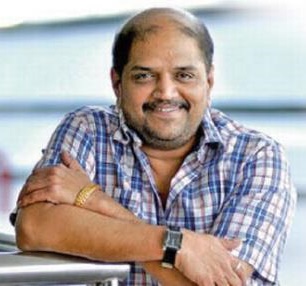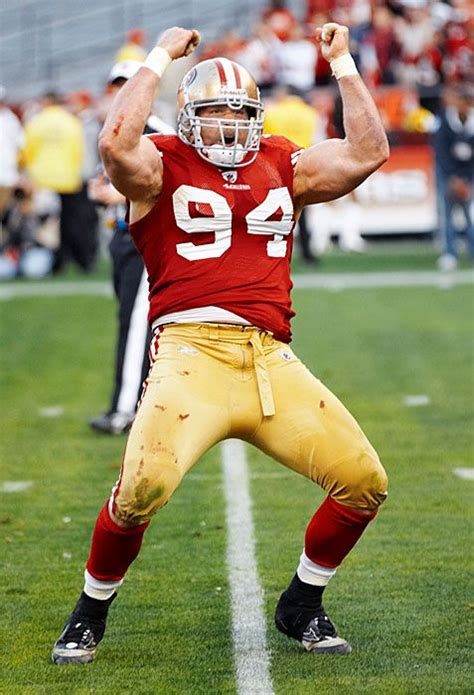A Quote by Amanda Seales
I think it's always been especially hard for black people to let go of musicians who do heinous things because music is such an integral part of our existence.
Related Quotes
Luck is one thing. It has always been there, it has always been a part of my success. It's a part of everyone's success. Without it, you can't be successful. But luck is something you have to stimulate, something you have to nurture through the choices you make...That's why things have always worked out for me. Things work out not just because I'm lucky, but because I plan ahead. I figure out what I want and I go for it. I've always spent a lot of time trying to surround myself with the right people, the kinds of teammates who could lead me to my goals.
Black music has always known, and not been afraid to acknowledge just how high the stakes of Black thought are. To summarize the final soliloquy of Clay, the protagonist in LeRoi Jones’ (aka Amiri Baraka’s) play Dutchman. You’d better be glad Charlie Parker could play him some horn and Bessie Smith could sing, because if they didn’t make music they might murder you. One would be hard pressed to find another group of people on this planet whose music is a surrogate for murder. One would be hard pressed to another group of people on this planet whose life is a proxy for death.
You know why I think we still execute people? Because, even if we don't want to say it out loud-for the really heinous crimes, we want to know that there's a really heinous punishment. Simple as that. We want to bring society closer together-huddle and circle our wagons-and that means getting rid of people we think are incapable of learning a moral lesson. I guess the question is: Who gets to identify those people? And what if, God forbid, they got it wrong?
Black people's music is in a class by itself and always has been. There's nothing like it. The reason for that is because it was not tampered with by white people. It was not on the media. It was not anywhere except where black people were. And it is one of the art forms in which black people decided what is good in it. Nobody told them. What surfaced and what floated to the top, were the giants and the best.
I've been spinning dance music since 1990, and genres always come and go. I think as technology becomes more accessible and it's easier for people to make music, they come and go quicker now, but it just comes with the territory. You come up with something new, something hot, and it rocks for a year. It's nothing different from any other genre of music. I mean, name one genre that's sounded the same for its entire existence. It doesn't happen.
As a black person on the outside, because there's so much black art and so much of black people's work circulating, so many people imitating what black people do, you would think that there'd be more black people on the business side. It didn't cross my mind that every label head, for the most part, is a white guy.


































